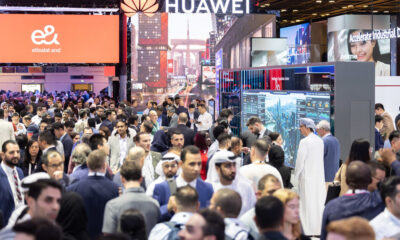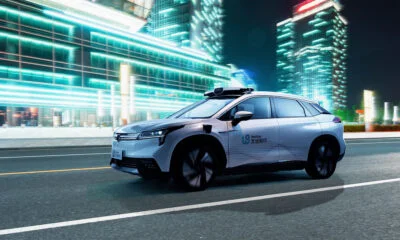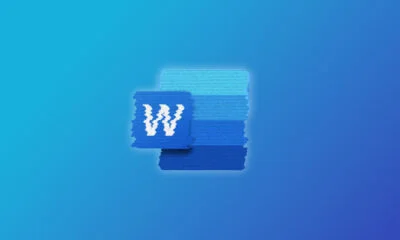News
5G In UAE: Etisalat & Ericsson Join Forces To Deploy 5G High-Band
Once deployed, the network should be able to provide fiber-like speeds over the air, delivering data speeds of 4.2 Gbps and latency of 8 milliseconds.
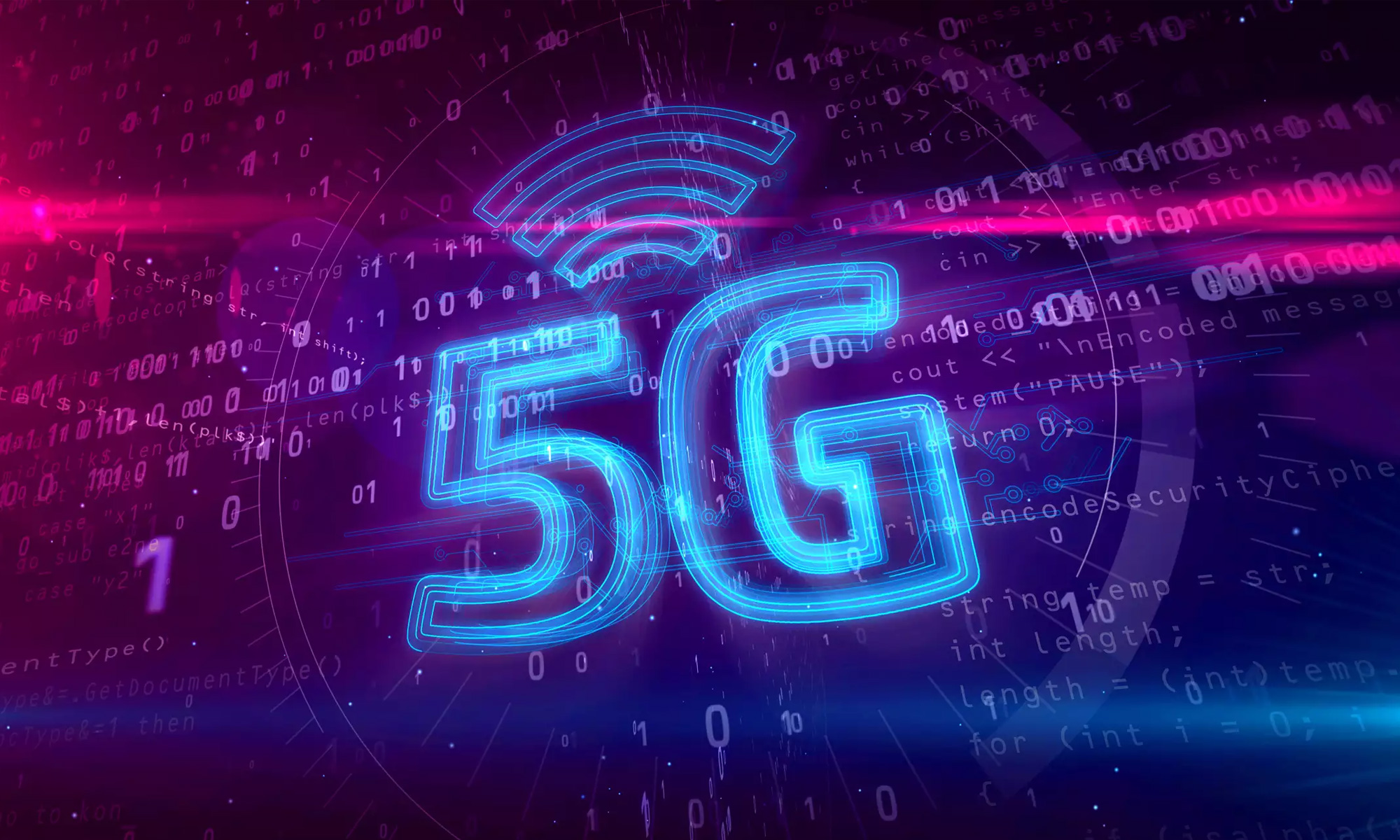
Soon, all owners of 5G-enabled devices will be able to enjoy increased speeds and lower latency because Etisalat, UAE-based multinational telecom services operator, has joined forces with Ericsson, Swedish multinational networking and telecommunications company, to deploy 5G in UAE through millimeter wave (mmWave) small cell networks.
Once deployed, the network should be able to provide fiber-like speeds over the air, delivering data speeds of 4.2 Gbps and latency of 8 milliseconds (ms). Because 5G networks can support a greater number of connected devices than 4G networks, UAE residents can look forward to problem-free internet access even in crowded places, such as malls and stadiums.
“Etisalat has always been at the forefront of the telecom industry, and we continuously work to provide our customers with the best possible digital experience,” said Haitham AbdulRazzak, Chief Technology Officer at Etisalat.
“We look forward to supporting Etisalat in harnessing the opportunities that new technologies like 5G can present for the people of the UAE,” added Ekow Nelson, Vice President and Head of Global Customer Unit Etisalat at Ericsson MENA, in the official press release.
5G technology is positioned to become a key enabler of the UAE Vision 2021, which was launched by H.H. Sheikh Mohammed bin Rashid Al Maktoum, to transition the country to a knowledge-based economy, promoting innovation and research and development.
Also Read: How To Check Postpaid Balance In Etisalat
All businesses that depend on reliable, secure, and fast internet connectivity will be able to reap its benefits to support remote workers, implement innovative Internet of Things solutions, and deliver immersive experiences to their customers.
5G connectivity additionally paves the way for smart cities, which can be imagined as pulsing digital ecosystems where countless sensors collect data to manage resources and infrastructure more efficiently. 5G will hopefully take the United Arab Emirates to another level of connectivity and innovation.
News
HiFuture Wraps Up Successful GITEX GLOBAL 2024 Appearance
The electronics company wowed audiences at the world’s largest tech event with a range of wearable and smart audio devices.

This year’s GITEX GLOBAL 2024 in Dubai saw a huge number of startups, electronics firms, and innovators from around the globe gather for the tech sector’s largest event of its kind. One company making waves at this year’s expo was Chinese tech group HiFuture, which showcased a range of products with a focus on wearable technology and smart audio.
At the HiFuture booth, the company captivated attendees with cutting-edge smartwatches like the ACTIVE and AURORA, along with a range of powerful wireless speakers, earbuds, and even smart rings. Visitors were eager to check out the sleek new designs on offer and even had the chance to test out some of the products themselves.
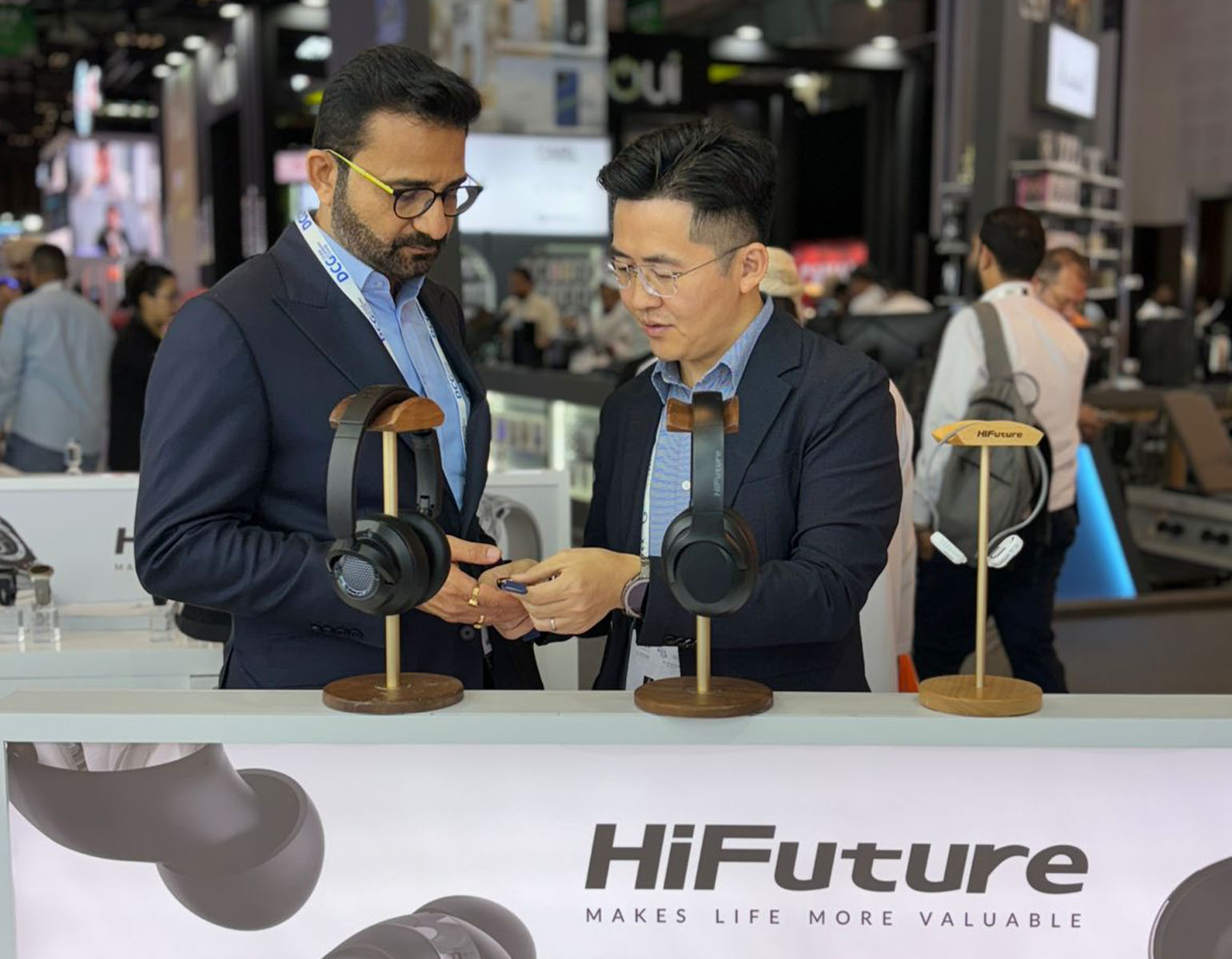
Among the highlights were smartwatches combining dual-core processors with customizable options. The devices blended style and technology, offering health monitoring capabilities, personalized watch faces, and advanced AI-driven functionalities, giving attendees a taste of the future of wearable technology.
On the audio front, HiFuture’s wireless speakers left a lasting impression, offering rich, immersive sound in compact, portable designs. These speakers cater to both intimate gatherings and larger celebrations, offering versatility for users. Meanwhile, the company also showed off its Syntra AI technology, which it claims “revolutionizes health and fitness tracking by combining advanced optical sensors with intelligent algorithms for precise, real-time insights”.
Also Read: How (And Why) To Start A Tech Business In Dubai
The presence of HiFuture’s leadership team at GITEX 2024 underscored the importance of this event for the company, with CEO Levin Liu leading a team of executives, all keen to engage with attendees and offer insights into HiFuture’s vision, product development process, and future direction.
Overall, it seems that GITEX GLOBAL 2024 has been a rewarding experience for HiFuture. The enthusiasm and curiosity of attendees shown to the company’s diverse range of products was obvious, with the HiFuture team leaving on a high note and clearly excited and motivated by the event.


